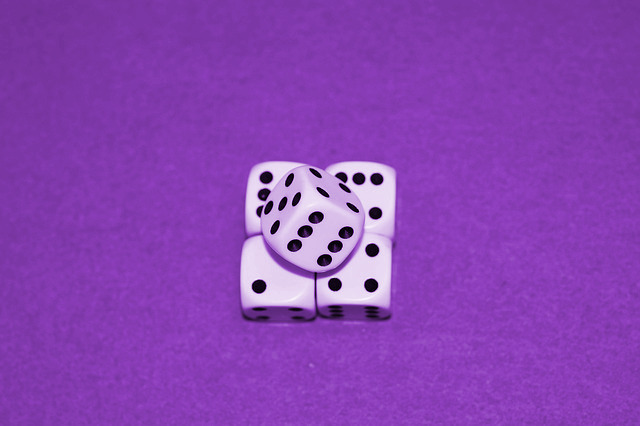Who is Who Marta Angelat
One of the most difficult things for the average poker player to do is to make accurate decisions at the game in the heat of a hand. Many good and bad players alike simply decide what they think their opponent has and then go on to determine their best play on the assumption that their opponent has the hand they’re assuming he has. Poker tends to be a game for quick-thinking people.

Some geniuses are plodding thinkers, unable to come to quick decisions, and they can never become great poker players. This is a bad and potentially costly way of going about the business of decision-making. There is a better way, which is employed by most good players. What are the various hands my opponent could have, and what are the chances he has each of them?
They determine the best play for each of the possible hands, and they usually choose the best play against their opponent’s most likely hand or hands. Sometimes it works out that no matter what your opponent has, you wind up with the same best play. This is especially true in the relatively easy decisions — for example, deciding to fold when you have nothing in seven-card stud, the pot is small, and your opponent with an open pair of aces bets on the end.

